A Heretic's Guide to Human Development
Week in Review: 10 Alleyways to Challenge Your Comfort Zone
I play around with abstract art. The above piece is acrylic on canvas. It struck me as a suitable image for this week’s Week in Review titled, “The Radical Human Development Edition.”
“Human development” can have a variety of meanings, depending on the context. For the purpose of this article, I am thinking of “human development” in the broadest sense of the term:
✅You are a human being.
✅You grow, develop and evolve.
You play a key critical role in the process of your personal growth and development. Abraham Maslow’s Hierarchy of Needs identifies self-actualization as one of the highest human needs and desires. The idea is that each of us has an actualizing tendency, an inbuilt proclivity toward growth and fulfillment.
Karl Jaspers was a German-Swiss psychiatrist and philosopher who had a strong influence on modern theology, psychiatry, and philosophy. Jaspers wrote:
“Man is always something more than what he knows of himself. He is not what he is simply once and for all, but is a process; he is not merely an extant life, but is, within that life, endowed with possibilities through the freedom he possesses to make of himself what he will by the activities on which he decides.”
A few of Jasper’s insights that I appreciate are:
Human beings are verbs… human becomings. We exist as process.
To say we “exist” (“extant life”) as opposed to “extinct” is an inadequate characterization of our situation. In every moment we stand at the precipice of an open field of infinite potentialities and possibilities.
We are endowed with the tools and capacities to actualize ourselves to the fullest measure, which includes personal agency, self-determination, moral intuition, critical thinking, complex reasoning, and intuitive or tacit knowledge. We are context-bound as a species (time, place, conditions) but we possess context-transcending powers.
Though each of us in some measure a product of our programming and conditions, Jaspers points out that the most consequential factors that shape our becoming are the choices we make and the activities upon which we undertake and devote ourselves.
As Carl Jung wrote:
"I am not what happened to me, I am what I choose to become."
Personal agency and self-determination, as crucial as they are, are obviously not the only factors that shape us. Societal conditioning, life experiences outside our control, and particular people of influence in our lives, all have had a hand in who we become, for better or worse.
In this piece I am qualifying the notion of human development with the term “radical”. In this case, I am using radical in the sense of a departure from what is usual or traditional, or that which is unorthodox and heretical. This Week in Review is the “Radical Human Development Edition” because I’m going to recommend exploring people and pathways that you might not stumble across in the mainstream.
The kind of development work I’m advocating is not about eating your peas and carrots, attending a Tony Robbins seminar or taking a bubble bath (all of which might be worthwhile things to do). This human development edition is less like Rachael Ray and more like John Wick. It’s a little dangerous, might rough you up a bit, and could even take you down a few alleys that make you nervous.
I recently identified 30 signs of personal metamorphosis:
Dissatisfaction with the status quo
Intolerance of inauthenticity
Casting off arbitrary rules and restraints
Resurgence of individuality
Deprogramming of societal conditioning
Catalytic curiosity to explore and expand
Divestment from imposed beliefs and values
Commitment to self-education
Freedom of authentic self-expression
Establishment of personal boundaries
Diversification of one’s relational world
Greater empathy and compassion for others
Grounded in one’s own inner truth and guidance
Refusal to conform
Disdain for superficiality
Greater capacity for both sorrow and joy
Unwillingness to accept injustice and oppression
Deeper sense of solidarity and integral relationship with all living things
Spiritual orientation, untethered from dogma and institutionalism
Disinterest in creating or participating in drama
Use of critical thinking, deconstructive analysis and complex reasoning
Assuming responsibility for one’s own health and well-being
Commitment to doing one’s personal inner work
Nurturing mutually beneficial and healthy relationships
Looking upon oneself with greater acceptance and compassion
Incorporating daily practices of self-care
Seeing deeper than labels and stereotypes to what unifies us all
Moved to alleviate human and planetary suffering
Compelled to advance human and planetary flourishing
Learning though collaboration, immersion and integration
What follows are ten people, pathways or projects (in no particular order) for exploration that might challenge your personal growth in new ways and lead to “radical human development”.
1. Samar Younes
A good place to start is with and her Substack newsletter Quantum Culture™. One of the descriptions of Samar’s work is captured in the below graphic:
It’s important for me to say that there is no hand-holding in this piece. I’m going to identify ten pathways to explore, and it’s up to you to investigate the layers of what you find until something opens up for you. The mistake most people will make will be either too quickly judging or prematurely dismissing what they find, or simply not exploring deep and far enough.
2. Journal of Awareness-Based Systems Change
There is a journal named, Journal of Awareness-Based Systems Change. Here’s a description of the journal:
“Awareness-based systems change is an action research approach to transformation that considers systems change from the view of evolving consciousness. It is an emergent cross-sectoral, inter- and transdisciplinary field focused on the process of co-inquiry into the deep structures, or interiority, of social systems—what we call social fields—in order to see, sense and shift them toward greater collective well-being.”
I recently read Vol. 5 Issue 1. My human development invitation and challenge to you is to review the table of contents and choose one article to read.
3. Hello, Mortal
Last week I did a livestream with of , which is a Substack newsletter devoted to greater existential health, particularly in the area of building a constructive relationship with our human mortality, and cultivating healthy death acceptance. is the co-founder of Hello, Mortal. You can visit the Hello, Mortal website, as well as a vault of articles related to existential topics.
A central focus of my current work centers around existential health. The next CNRS EXiHealth Practitioner/Non-Religious Spiritual Director Training and Certification Course I am leading begins in August. We currently have 60 people enrolled in the training. I spent a chunk of time this past week translating the training course into three 15-week classes, which I will be piloting at a university graduate school. I’ve published several extensive pieces on existential health, including: The Rules of the Game, and In Search of Existential Health in a Defective World.
It was an enlightening livestream discussion with Maura of Hello, Mortal. We discussed existential health, human mortality, death acceptance and death archetypes. Maura pioneered the concept of death archetypes as a tool for constructively connecting with our human mortality and building healthy death acceptance. The radical human development opportunity here is to determine and reflect upon your death archetype, all of which you can do at Maura’s death archetypes site. For extra credit, consider attending a death cafe group discussion.
4. Bram E. Gieben
is the creator of the Substack newsletter and podcast. Bram curates “essays and podcasts about ideas, identity and ideology.” He writes:
“It's about identity — how we relate to ourselves, and the world. It's about ideology — the structuring beliefs that underpin the way we see things, and how we act…
In each episode, I speak to a different thinker — from the periphery of the mainstream to the outer reaches of the counter-culture — about their chosen lives, careers and subjects.
Engaging with authors, critics, artists, architects, musicians, journalists, philosophers and more, Strange Exiles is a place to encounter weird, intellectual, controversial and complex subjects, themes and people.”
My radical human development pathway is to peruse the episodes on his Substack podcast page, and choose one to listen to.
5. Grokkist
This past week I had a great conversation with Danu Poyner, founder of Grokkist. I joined the Grokkist community about a month ago.
A brief description reads:
“This is a space for people who don’t fit into neat categories—a gathering place for multidimensional thinkers, thoughtful explorers, and dreamers who are looking for something meaningful. Whether you’re bursting with ideas or just dipping your toes in, you’re in the right place.”
To be honest, there are very few social media or online sites or networks that I find that inspire, challenge, invigorate and deepen me. Substack is one of them. I threw up a profile on LinkedIn, didn’t do much there, and prematurely wrote off LinkedIn as it was increasingly characterized as a dead, static, boring, employment website. I was wrong, and later discovered that LinkedIn is an excellent space to network with other thought-leaders, pioneers, creators and innovators.
But in my view, Grokkist has taken collaborative community to a whole other level. Grokkist is a great community if you’re wanting dialogue and feedback around what you’re up to in the world. It’s an incubator of curiosity and care, which allows you to pilot your not-ready-for-prime-time ideas, projects and endeavors. My radical human development challenge is to join Grokkist, and complete the Unlock your Grok process, which is a great tool for bringing clarity and direction to your personal passions and desire to make a difference in the world.
6. Jessica Böhme
’s Substack newsletter is . Jessica is a pioneer in the fields of “philosophical health” and “ekoPhilosophy”. Jessica describes “ekoPhilosophy” as:
“Living ekoPhilosophically: the synthesis of a deeply personal, authentic path that is simultaneously in service to the whole. You are the author of your life, and your story is a love letter to the world.”
Your radical human development challenge is a multiple-choice option:
a. Read one of Jessica’s published articles from this list.
b. Explore Jessica’s work in “philosophical health” by thoroughly investigating her website.
c. Attend an upcoming PhilosophyGyms meeting (currently every Thursday 7pm CET). Check out the details here.
7. Alex O’Connor
You’ve probably heard of by now and possibly watched one of his YouTube videos, debating religious figures and discussing atheism and philosophy. Alex J. O'Connor attended St. John’s College, Oxford, earning a degree in philosophy and theology. You can access all things Alex O’Connor through his Substack. He makes it on my list of “radical human development” because of the depth of critical and deconstructive thinking he brings to the areas of religion, spirituality and philosophy. My invitation to you is to peruse his YouTube discussions and watch one of them that piques your interest. What I appreciate about Alex’s work is that he’s not slinging one-way content in the world, he’s inviting people into discussion and dialogue, which makes his work particularly meaningful and engaging.
8. 𝙅𝙤 ⚢📖🏳️🌈
I’ve been following Jo’s work for a while now through her Substack, . She is a lesbian intersectional feminist, and I discuss the value of her work to my journey in a recently published article, An Unlikely Feminist: The humbling journey of a white, American, cisgender, heterosexual, religious male... becoming an intersectional feminist.
Jo is one of the smartest people I know. Her depth of insight into the complexities and nuances of topics around gender, feminism, intersectionality, phenomenology and sexuality, is unparalleled. I would identify her as the top deconstructionist in these areas. Her writings are a gateway to a wealth of historical and current literature and figures of consequence worth exploring. As a white, cisgender, heterosexual male, I might sometimes feel rightfully confronted by what she writes but I have never have felt disrespected, disregarded or unwelcome by her writings. To explore her work (your radical human development assignment) is to read her article on desire.
9. Chusana Prasertkul
Chusana, a millennial, lives in Bangkok, and has many times been my teacher in understanding how to soulfully approach and transform the systems and structures that govern our lives. Her Substack newsletter is “The Soulful Systems” about which she writes:
“The name captures the essence of what I’m passionately exploring: the relations between the soulful, the emotional, the deeply personal aspects of our existence, and the systems, the societal structures, the frameworks that shape and often dictate our lives.”
Chusana’s insights into the metacrisis have been particularly enlightening for me. I have done quote of bit of work in “systems theory” but Chusana adds a dimension of humanity, practicality and soulfulness to the discussion, which I have not found elsewhere. The radical human development invitation is to visit her offering of published articles, and read one.
10. Samuel Rinko
I’m just not going to stop encouraging people to check out ’s Substack, “Knowledge Lust”. It’s because of how much value I place on self-education.
Self-education, also known as autodidacticism, is the process of acquiring knowledge or skills independently, without the guidance of a formal educational institution. It involves actively seeking out information and learning through personal effort, often through reading, online resources, or practical experience. This approach to learning emphasizes individual agency and the pursuit of knowledge for personal enrichment or professional development.
Many people who leave high-control religion grieve the loss of never having had the opportunity of cultivating a broad and rich intellectual life. High-control religion cripples a person’s critical thinking skills, induces fear about the world outside their religious sub-culture, controls access to entire fields of knowledge, and dulls our natural impulse to cultivate our intellect.
Cultivating a robust intellectual life is one of the most consequential deconstruction practices and pathway in developing a meaningful and liberating post-religion spirituality.
The Intellectual Life by Antonin Sertillanges has been a little book I have consulted over the years in thinking about the cultivation of an intellectual life. Keep in mind that Sertillanges was a French Catholic philosopher and spiritual writer, and “God” appears here and there in the book.
The radical human development challenge here is to read
’s article, How I Self-Study New Subjects: The Modern Autodidact System: Learn the 7-step process for gaining foundational knowledge in new fields of study, outside of school. Sam has me beat on length of Substack article titles. :)So there you have it - 10 people and pathways to explore to encourage radical human development. What I dislike about articles like this is that the list could have easily been twice as long with many other extraordinary people I have discovered on Substack. Expect a sequel in the future.
I’m not on Substack to build a Jim Palmer brand or empire. I’m here wanting to be a catalyst for individual, collective, societal and planetary flourishing. My part in this lies partly in my deconstructive work around the belief-systems, narratives and ideologies that govern our lives, and research and development work, projects and pathways that promote greater existential health. I write articles like this one on radical human development because connecting, networking and dialoging with the diversity of extraordinary people on Substack is a rare opportunity for growth and becoming more profound human persons in the process of becoming.
In Summary
Each of us has an actualizing tendency, an inbuilt proclivity toward growth and fulfillment.
Intolerance of inauthenticity, casting off arbitrary rules and restraints, resurgence of individuality, deprogramming of societal conditioning, and a catalytic curiosity to explore and expand, are signs of personal metamorphosis.
Human beings are verbs… human becomings; we exist as process.
I’m here wanting to be a catalyst for individual, collective, societal and planetary flourishing.
Eating your vegetables, Tony Robbins and bubble baths may be great ideas, but there are some pathways of human development that will take you down alleys that might seem a little discomforting.
“Heresy is the eternal dawn, the morning star, the glittering herald of the day. Heresy is the last and best thought. It is the perpetual New World, the unknown sea, toward which the brave all sail. It is the eternal horizon of progress. Heresy extends the hospitalities of the brain to a new thought. Heresy is a cradle; orthodoxy, a coffin.”
- Robert G. Ingersoll






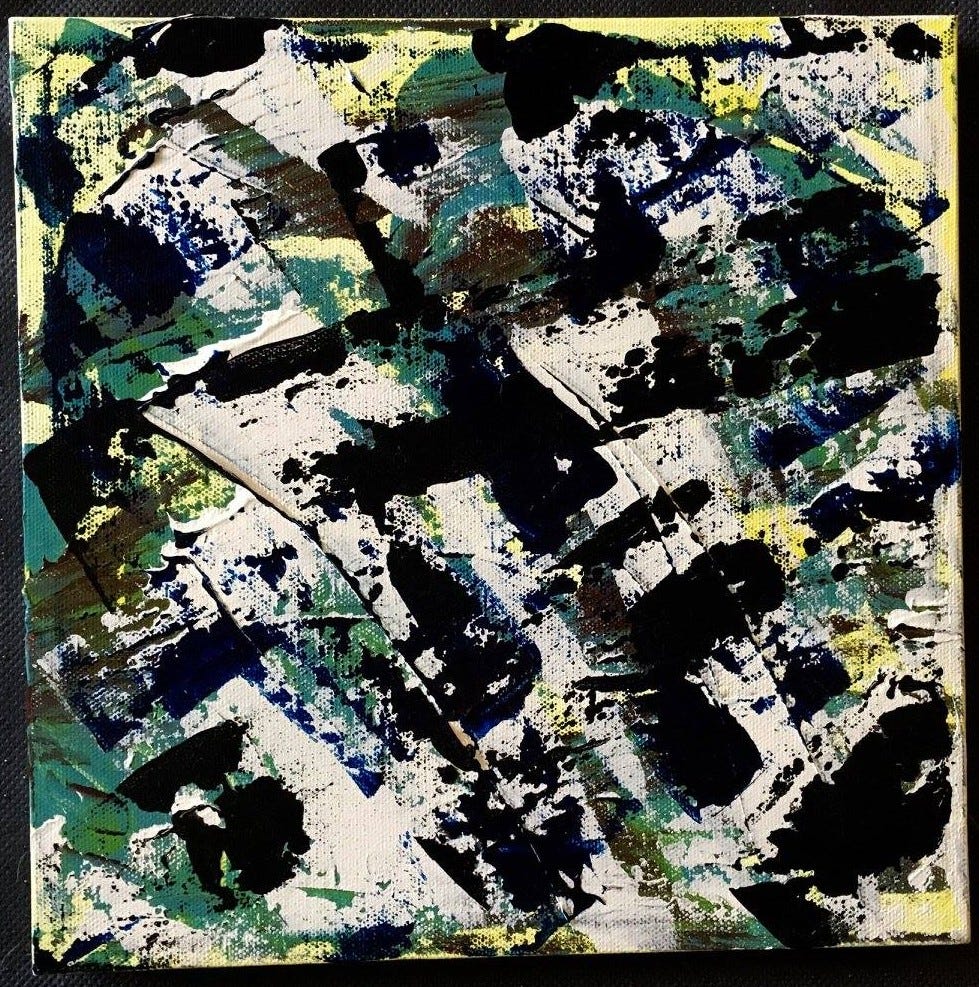
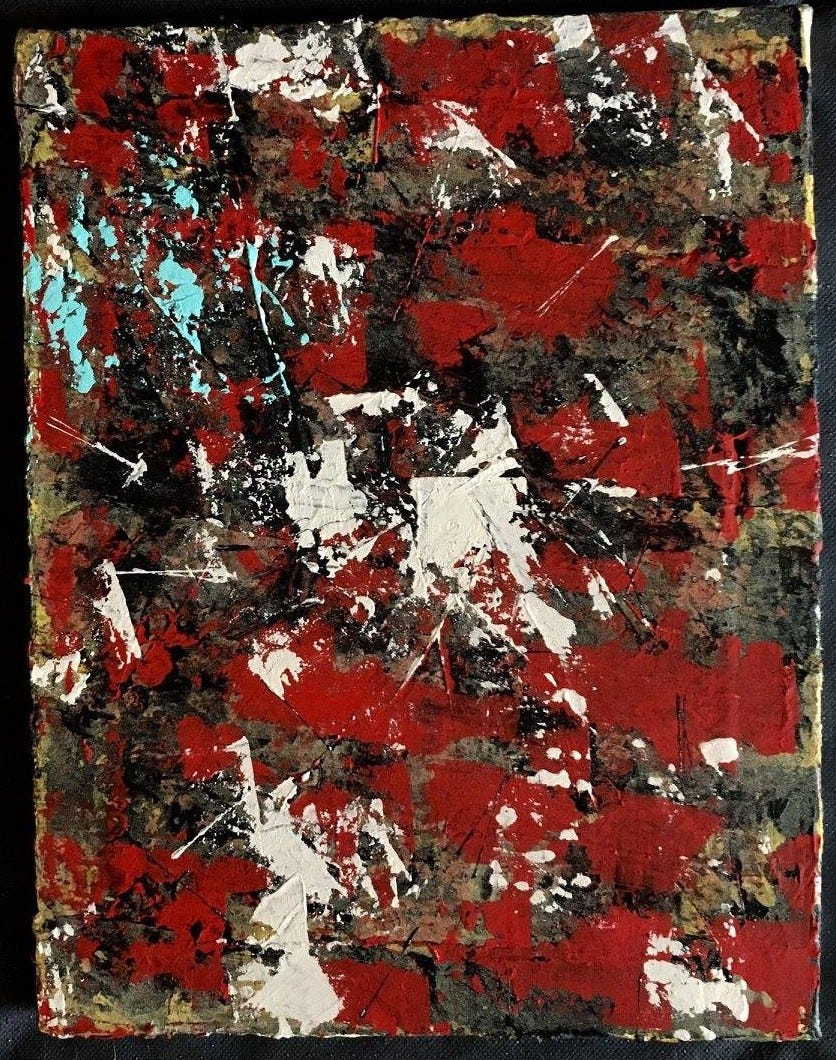

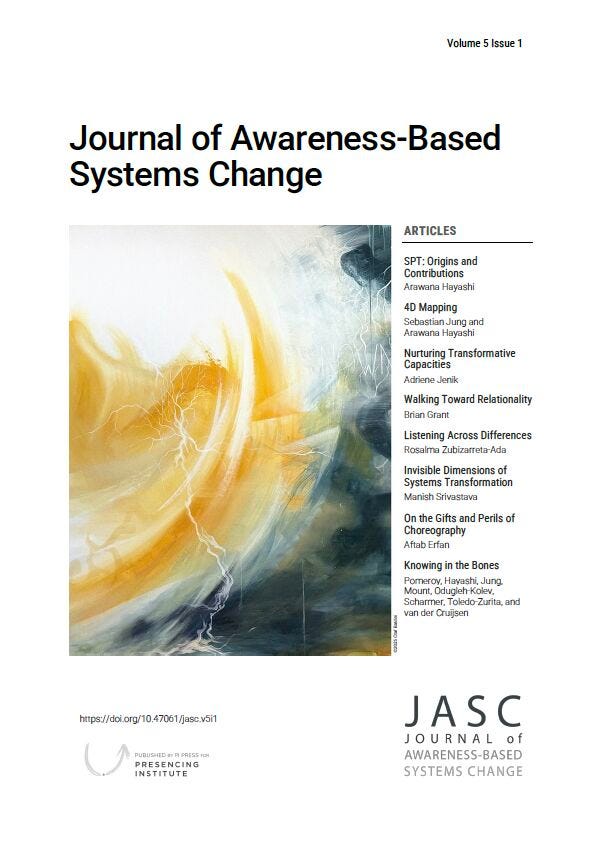
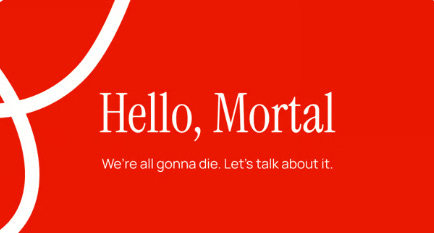
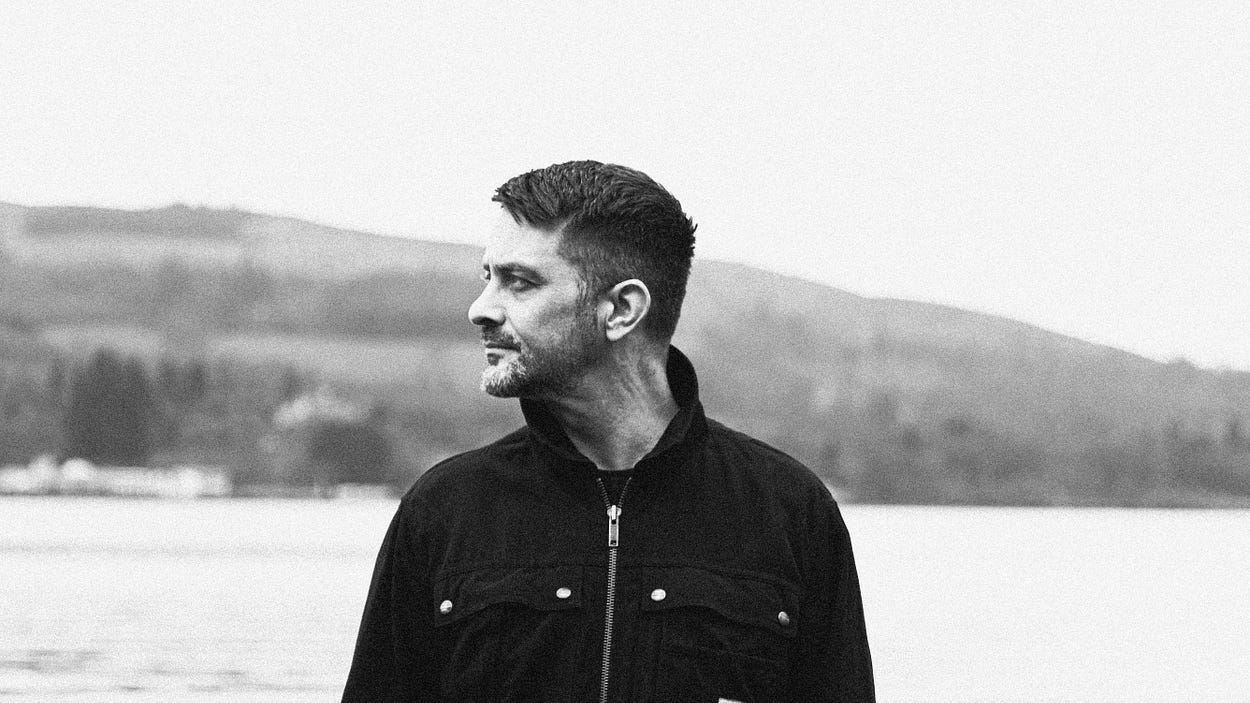
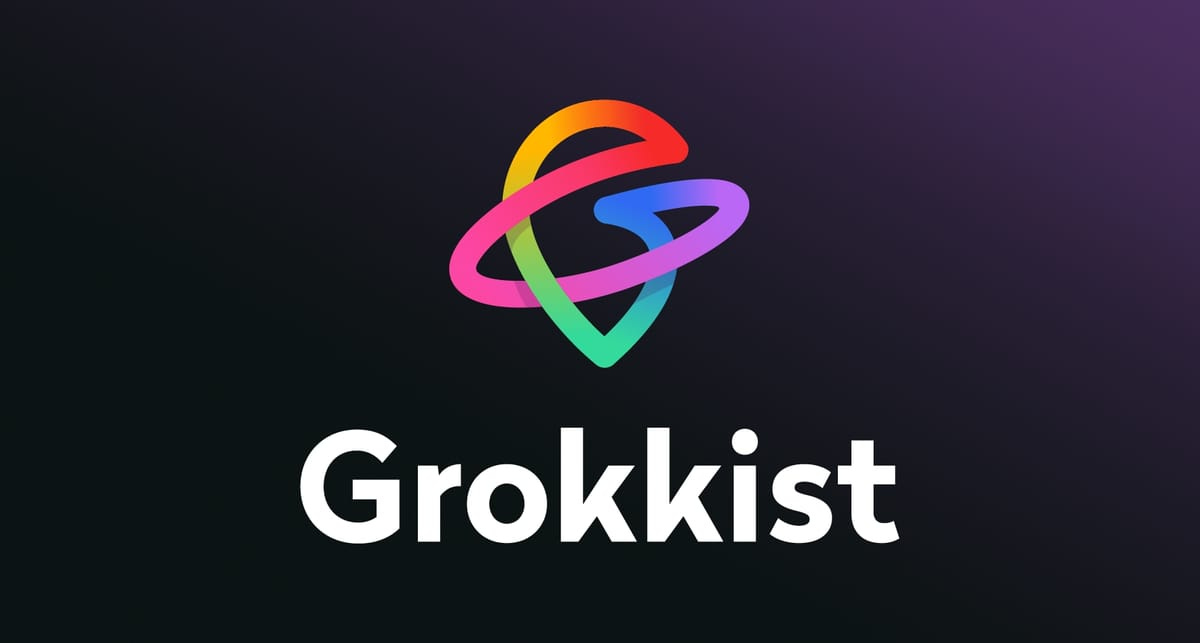
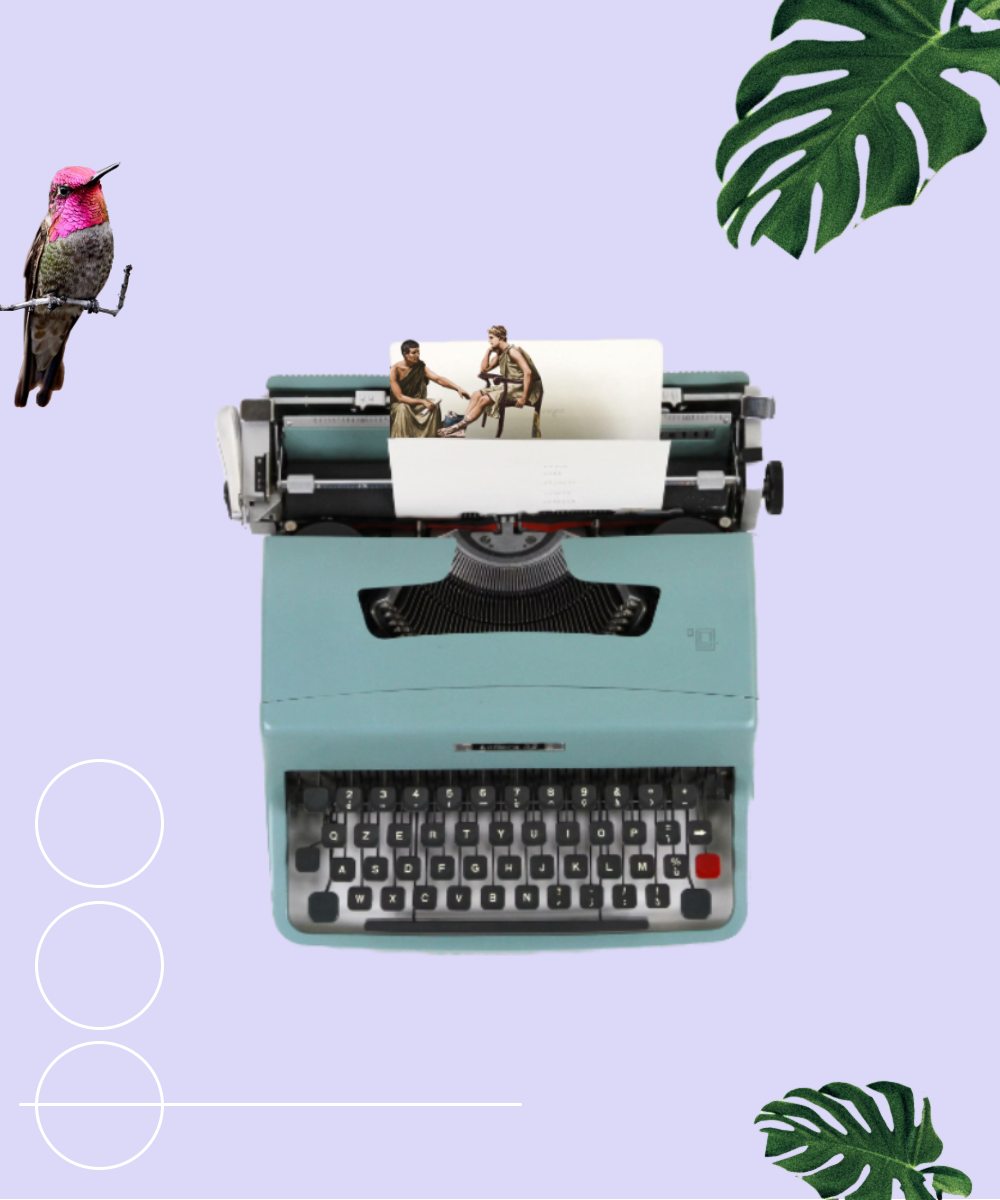


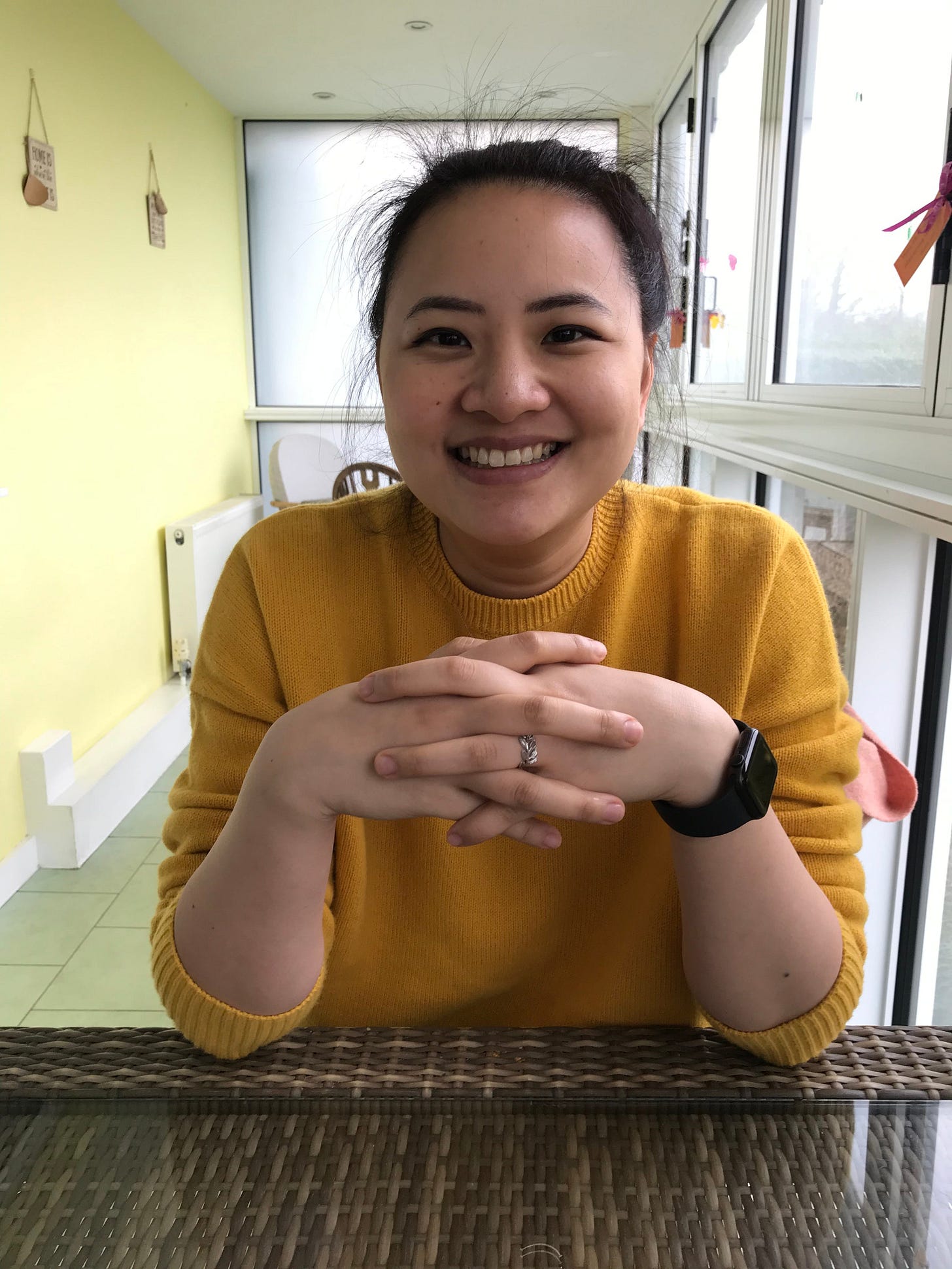
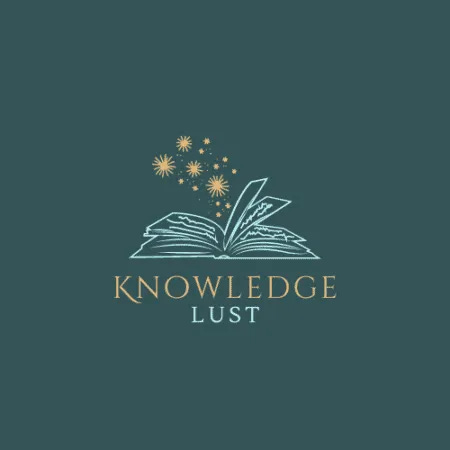

Every time I read your work, Jim, I feel like I’ve just been lovingly sucker-punched by a philosopher-mystic who moonlights as a demolition expert for bad theology.
This isn’t “human development”—this is divine jailbreak. You’re not leading people down alleys, you’re showing them the trapdoors beneath their sanitized self-help mantras and whispering, “Jump. The real you is waiting below.”
I especially loved the reminder that heresy is hospitality for new thought. Somewhere, Jesus just high-fived Ingersoll and said, “Finally, someone gets it.”
Thank you for building a bonfire where we can throw our old scripts and dance around what’s next.
I love your writing, so calm and clear and insightful. And I love that you support so many smaller, up-and-coming writers! That you're living what you're teaching us here. Thank you.
And thank you so much for your kind words about me!